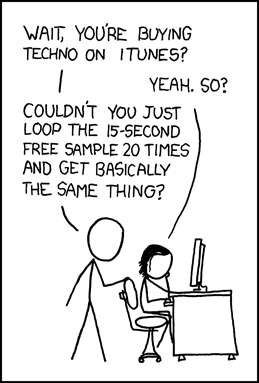Sona
A brilliant find this week. A multi-ethnic band based in Rome called L'Orchestra di Piazza Vittorio. Instruments range from trombone to tabla and cello to the djembe. A defnite middle-eastern influence in the tunes. Each song makes the fullest use of the diverse set of instruments.
And if you are still not sure about their range, Tarareando here should put your doubts to rest.




